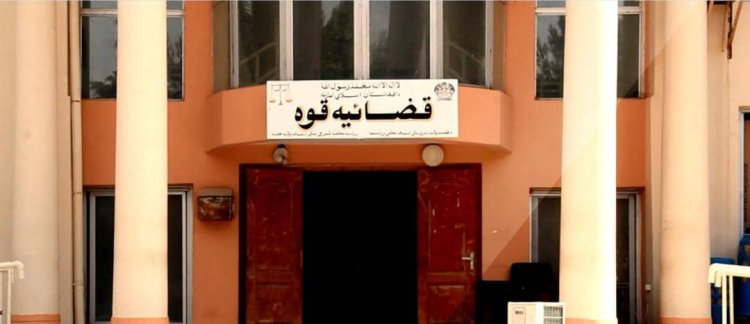Taliban publicly whip four men and two women in Kabul on charges of illicit relations

The Taliban publicly whipped six individuals, including four men and two women, in Kabul on charges of engaging in "illegitimate and sexual relations," according to an announcement from the group’s Supreme Court. The punishments come as part of the Taliban’s increasingly harsh enforcement of their interpretation of Sharia law, despite widespread condemnation from the international community.
In a statement released on Thursday, the Taliban Supreme Court said that four of the individuals were sentenced to 39 lashes each and one year in prison for their involvement in illicit relations. Two others were convicted of "Luwat" (homosexual acts) and received 39 lashes along with a prison sentence of one year and three months.
This latest incident follows another series of public punishments carried out by the Taliban just a day earlier, in which ten individuals, including four women, were flogged in Kabul, Laghman, and Khost provinces for similar offenses.
The Taliban's use of corporal punishment, particularly public whippings, has intensified since their return to power in 2021, despite repeated condemnations from the United Nations and human rights organizations. These groups have voiced strong opposition, calling the practice cruel, inhumane, and a violation of international human rights standards.
Since regaining control of Afghanistan, the Taliban have reinstated many of the hardline practices that characterized their previous rule in the 1990s, including public executions and corporal punishment for offenses they consider to be moral or religious crimes. While the group had initially promised a more moderate approach after their takeover, these public punishments suggest a return to the strict interpretation of Islamic law that marked their earlier regime.
Human rights advocates have expressed grave concerns over the Taliban’s treatment of women, the LGBTQ+ community, and others accused of moral crimes, warning that such practices only deepen the human rights crisis in Afghanistan. Calls for international intervention have grown louder, but the Taliban continues to assert that their legal system is consistent with their interpretation of Islamic jurisprudence and necessary for maintaining order in Afghan society.
The intensification of corporal punishment has sparked fears of worsening conditions for Afghan citizens, particularly as the country grapples with poverty, isolation, and humanitarian challenges under Taliban rule.
